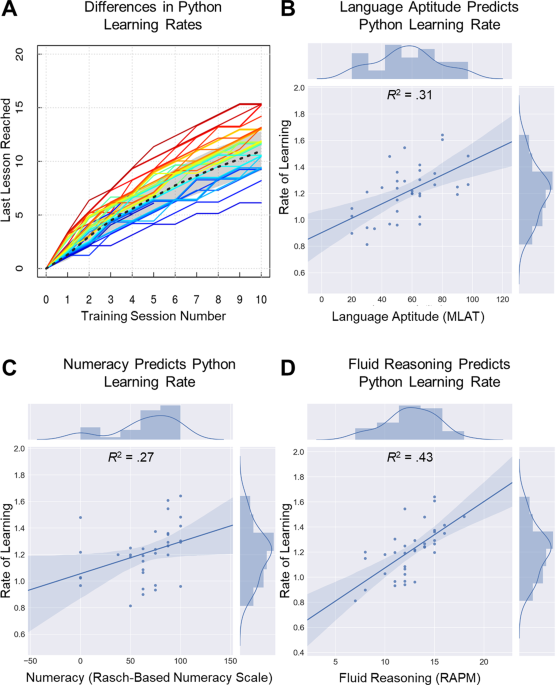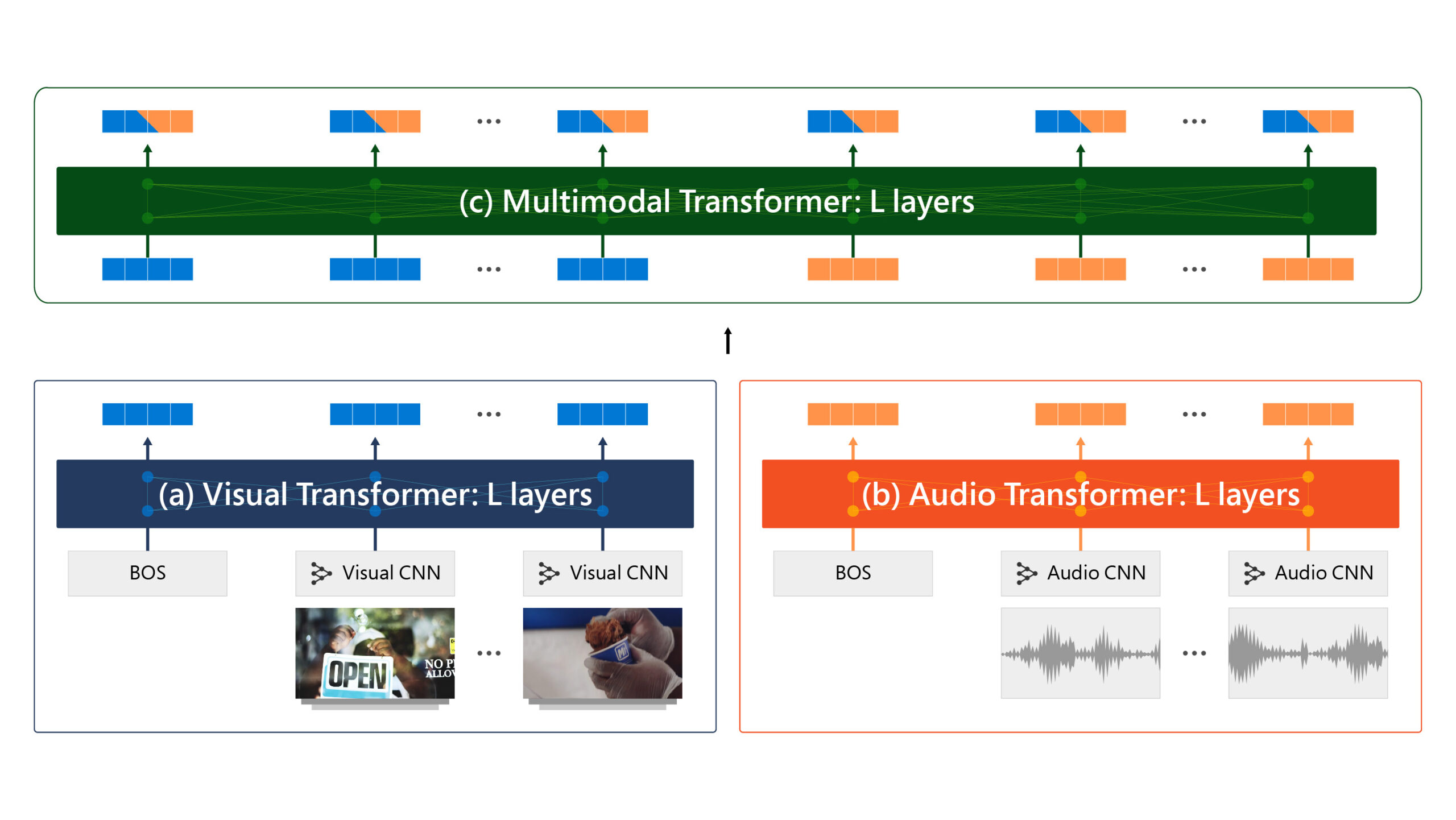Working memory training
Working memory training is intended to improve a person's working memory. Working memory is a central intellectual faculty, linked to IQ, ageing, and mental health. It has been claimed that working memory training programs are effective means, both for treating specific medical conditions associated with working memory deficit, and for general increase in cognitive capacity among healthy neurotypical adults.
Individual studies of the topic show different, and sometime contradictory, results, and as one meta study puts it,[1] asking the question “Does cognitive training improve intelligence?” is as inappropriate as asking “Does medicine cure disease?”, since none of them specify which particular intervention (which medicine or working memory training program) is being evaluated, for alleviating which condition is it applied (ADHD, stroke, general cognitive improvement etc.), and under what circumstances is it administered (selection criteria, adherence rate, outcome variables etc.).
In an influential metastudy from 2012, highly critical to cognitive training, analysed 23 studies with 30 group comparisons, and concluded that clinical memory training programs produce reliable short-term improvements in working memory skills in children and adults with ADHD, but also that there is no evidence that such effects can be maintained long-term without additional follow-up training.[2] Three years later, another metastudy reached the opposite conclusion, that working memory training does have consistent and useful effects, not just on the type of working memory tests that are practiced, but also at other non-trained tasks and everyday life.[3] Since then, a range of additional clinical experiments have been completed, with larger sample sizes, clearly defined control groups, and more uniform treatment of outcome variables. While the evidence is still far from unanimous, there are several experimental studies of working memory training that have shown beneficial effects for people with ADHD,[4][5] those who have suffered stroke or traumatic brain injury,[6][7] children who have undergone cancer treatment,[8][9] as well as for normally developing children.[10][11]
Leave a Comment
Related Posts

Relating Natural Language Aptitude to Individual Differences in Learning Programming Languages
Comment














